By: Sylvia Villaseñor-Ortiz, LCSW, NPT-C
Sight, touch, hearing, taste, and smell are our five primary senses – but did you know that touch is one of the very first we develop? Even before we learn to talk and walk, we are held, soothed, and comforted by loving parents and caregivers. A simple hug, or even a gentle pat on the shoulder has the power to calm our nervous system and regulate our emotions.
Recent research at the Social Neuroscience Lab in Germany confirmed that touch significantly improves both physical and mental well-being. While some researchers were skeptical – questioning how something as simple as touch could have such a profound effect – the results proved otherwise. Touch is essential at every stage of life in infancy, throughout adulthood and even in later years.
For babies, skin-to-skin contact such as being held and cuddled alongside a parent’s chest – was shown to regulate cortisol (the stress hormone), stabilize body temperature, support healthy respiration and even aid liver function.
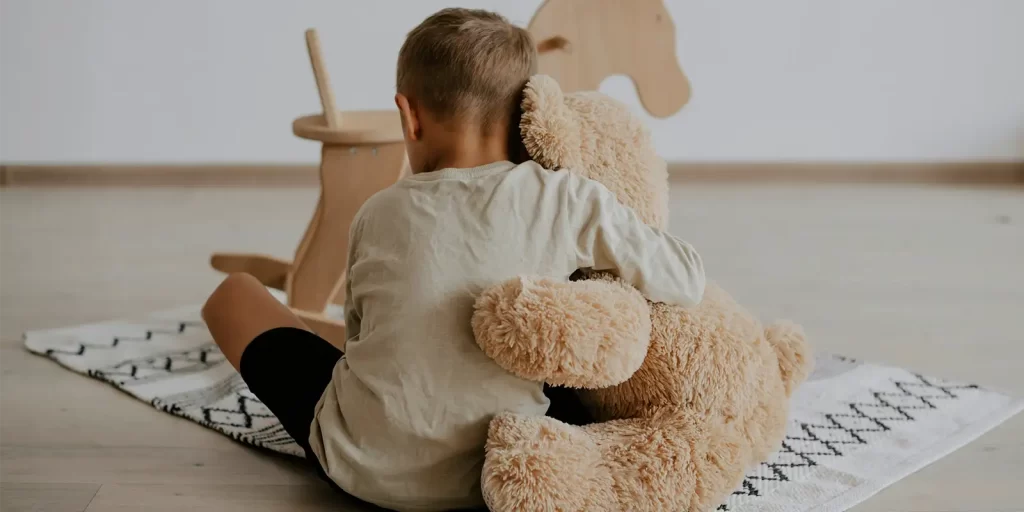
For adults, interventions such as hugs, hand holding and massages were concluded to ease depression and anxiety while reducing physical pain. In moments of fear and despair, human touch such as caring hugs were shown to calm the nervous system and restore a sense of safety.
As we grow older and into “senior world,” holding hands, warm embraces and other physical gestures of affection continue to have the ability to ease our minds, making us feel less isolated and an increased sense of feeling loved and cared for.
On average, a hug lasts about three seconds – -gone in the blink of an eye. But studies found that hugs lasting 20 seconds or more trigger the release of oxytocin, the “love hormone.” Alongside dopamine and serotonin, oxytocin helps us feel connected, safe and at easy. It reduces stress, lowers inflammation, and fosters trust, empathy, and social bonding.
Interestingly, researchers have evaluated and assessed massage robots. While these were effective for physical relief, they did not have the same positive impact on mental health – reminding us that when it comes to emotional well-being, nothing can replace human touch.
With all these proven benefits – from reducing stress and anxiety to strengthening our bonds with others, doesn’t it make sense to hug more often and with more intention?
Sylvia Villasenor-Ortiz is a Clinical Psychotherapist, consultant, presenter, and writer with private practice in the city of Tustin, CA







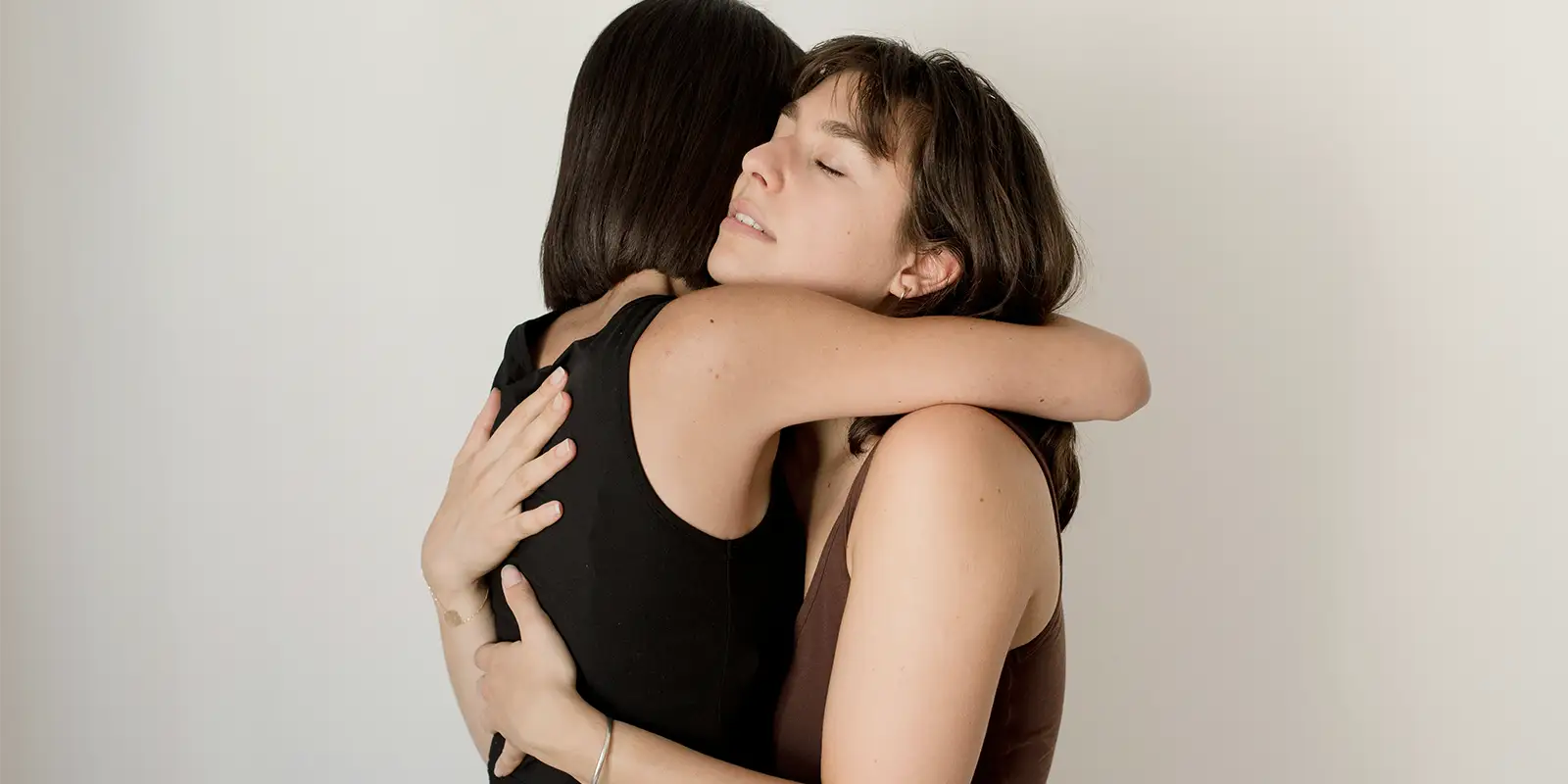










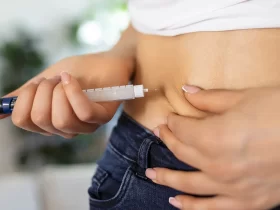
















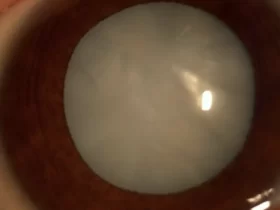
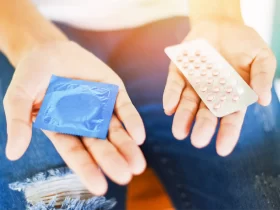
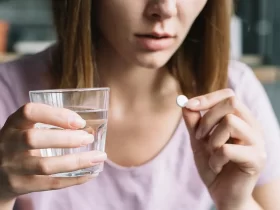
Leave a Reply